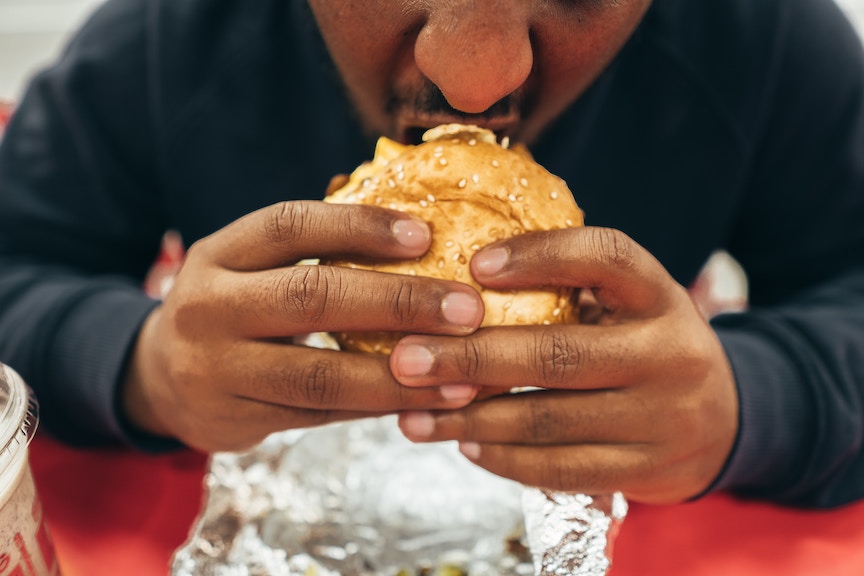Keeping up with the demands of day-to-day life leaves many of us feeling as though we are in a constant state of stress.
Picture the scene, you woke up late, you received a frustrating email at work and, the next thing you know, you’re mindlessly reaching for closest snack you can find. We’ve all been there…and the reality is some of us are still stuck there.
What to do?
When experiencing heightened levels of emotion, such as sadness and anxiety, it is very common to turn to food as a source of comfort. However, constantly relying on food as your only coping mechanism is problematic.
Finding a healthy and sustainable means to deal with the difficulties of life comes down to the practices you have in place to help you navigate through difficult times. At Slender Wonder, we encourage you to alter your everyday practices so that they are in harmony with your journey to a healthier life.
Perhaps the easiest way of dealing with stress eating is making sure that you are eating enough. When stress comes knocking, it can be difficult to motivate yourself to eat healthy meals throughout the day. Enjoying balanced and healthy meals ensures that hunger isn’t the source of your reactive eating and your body is getting the nutrients it needs to function optimally, which ultimately improves your body’s response to stress.
Using food as a means to numb or avoid unpleasant feelings won’t make you feel better in any real or long-lasting way. The thing that caused you to stress-eat in the first place is left unaddressed and feelings of guilt or shame often come up as a result of not dealing with the problem and eating instead. If you don’t give yourself the needed time for reflection over your feelings, and how you are coping, then what follows is a series of mindless reactive actions – such as reaching for a packet of crisps or a chocolate bar.
It is essential for both your physical and mental health to have a variety of healthy coping tools at your disposal. Determining whether a coping mechanism is healthy or not is simple. Ask yourself, “Will this tool help me find a solution to the problem at hand, and do I feel better after putting this tool into action?”. If you are honest when answering this question, you will be able to identify your coping mechanisms quickly and easily.
Healthy coping mechanisms
Formulating your own set of healthy coping tools may seem a challenge, but, if you align your coping tools with your interests and passions, you might surprise yourself by cutting the stress-eating almost instantaneously. Working on a jigsaw that has been in the cupboard for months or finishing a book that’s collecting dust on your bedside table are simple examples of a healthy means of release. Support and connection with those you love is important too. When we feel isolated and alone our problems often seem far bigger. A loved one can offer a fresh perspective that provides you with the clarity you need.
Lastly, and perhaps most importantly, be kind to yourself. Chasing perfection will only make your goals feel completely unobtainable. Life is not about getting it right all the time, as it is often our mistakes that leave us truly inspired to grow and change. It’s not the end of the world if you fall off the wagon after a horrible day. Don’t dwell on what happened, seize the moment to identify and instil healthier coping mechanisms that you can use next time.
When it comes to beating stress-eating it is essential to be proactive. Although life works on life’s terms, we can control how we respond to the ups and downs we all face. It is in creating healthy responses and coping mechanisms that we find our resilience.
